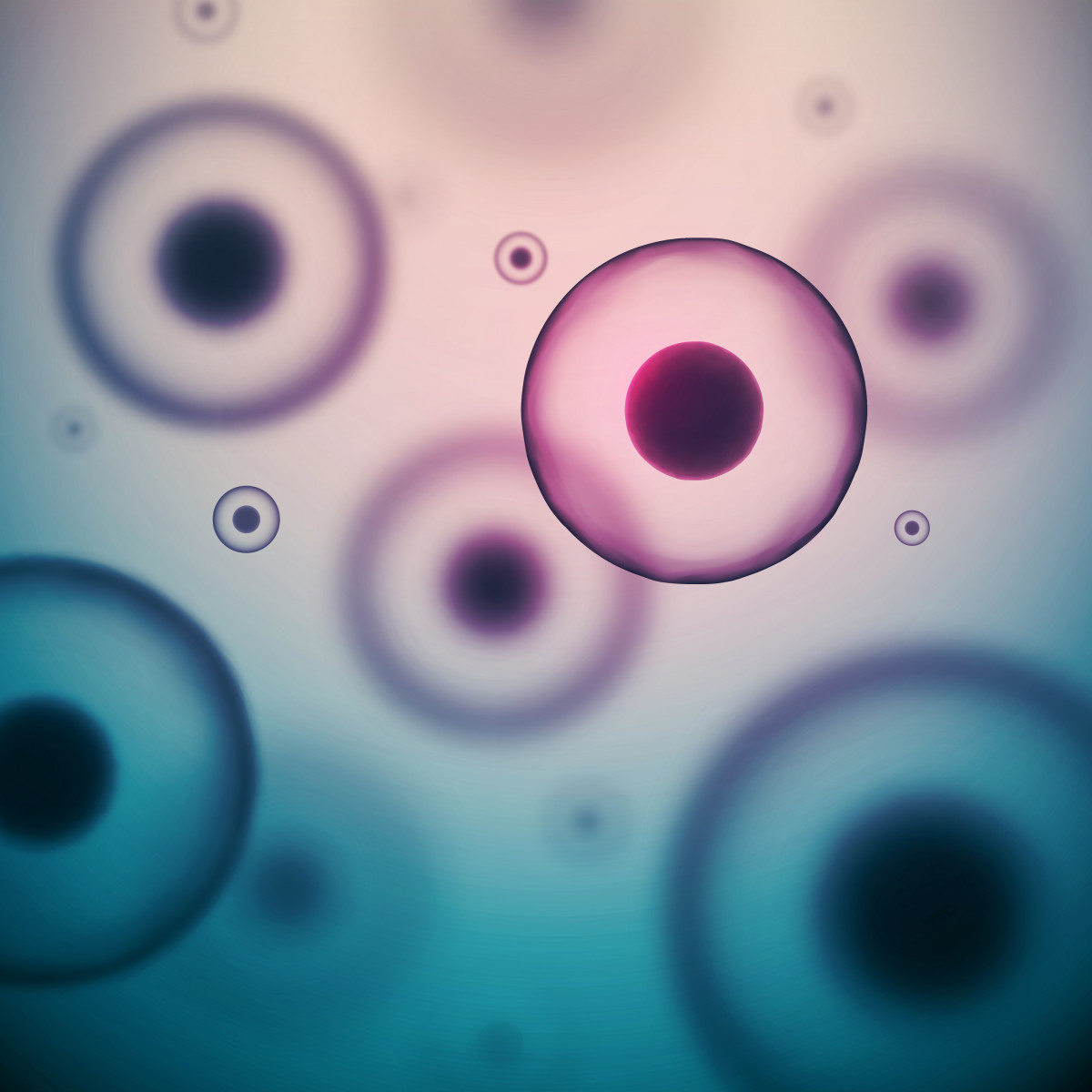Probiodrug and Crossbeta Extend Alzheimer’s Biomarker Partnership
Written by |

Probiodrug and Crossbeta Biosciences are extending a partnership that Probiodrug believes will help it continue developing a potential Alzheimer’s therapy.
Under the partnership, established in 2016, the companies are using a proprietary Crossbeta technology to try to create biomarkers specific to Alzheimer’s as opposed to neurodegenerative diseases in general. Biomarkers are substances that can detect and help diagnosis a disease.
Crossbeta has been working on biomarkers that can detect toxic molecules in nerve cells.
The Alzheimer’s treatment that Probiodrug is developing targets an enzyme scientists have linked to the disease. The enzyme, glutaminyl cyclase, plays a role in the formation of a toxic nerve cell protein called pyroglutamate-Abeta, or pGlu-Abeta.
Probiodrug developed a therapy called PQ912 that inhibits the enzyme.
After promising animal studies of PQ912, the company conducted a Phase 1 clinical trial of the therapy in healthy volunteers. The results showed that PQ912 was safe and that participants tolerated it well.
A Phase 2 study demonstrated that PQ912 was effective. The evidence was a reduction in levels of Alzheimer’s-linked biomarkers. The findings prompted Probiodrug to continue developing PQ912.
The next step will be a Phase2b trial that assesses the safety and effectiveness of an optimal dose of PQ912 in people who are just developing Alzheimer’s.
“Our partnership with Crossbeta has granted us access to a truly unique technology which has proven to be crucially important for the development of high-quality biomarker assays, with adequate sensitivity and specificity to support and further the clinical program of Probiodrug’s QC inhibitor PQ912,” Inge Lues, chief development officer of Probiodrug, said in a press release.
Alzheimer’s can’t be diagnosed with a single test. A patient’s symptoms can lead a doctor to suspect Alzheimer’s. But a patient may need to take a series of physical, neurological and laboratory tests so a doctor can rule out other conditions and confirm a diagnosis.





